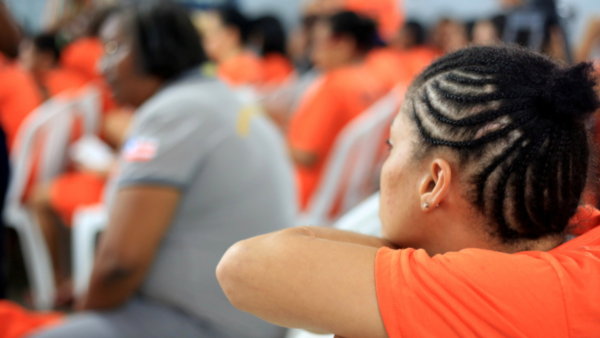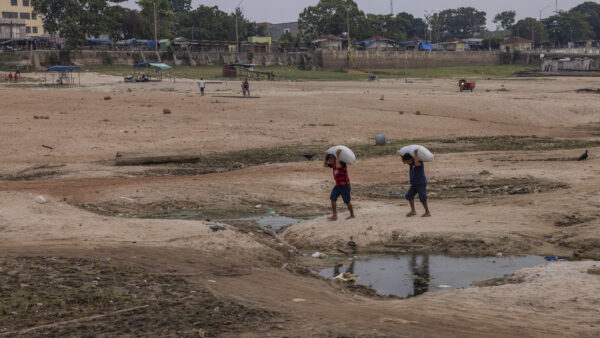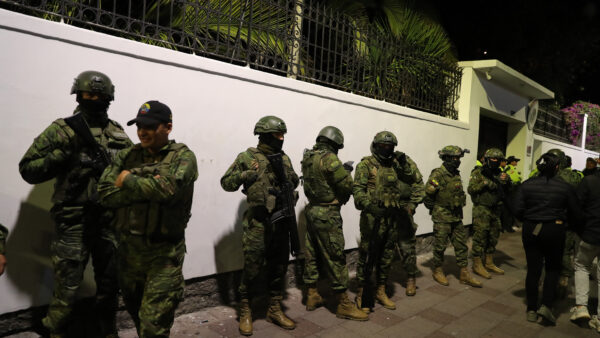The Brazilian lower house seems poised to fast-track the so-called “Fake News Bill,” after letting the proposal stall for almost three years — raising alarm bells for its potential to establish a hazardous precedent.
As the bill seeks to create a new framework for internet regulation in Brazil, critics argue that it endangers freedom of expression, privacy, and intellectual property rights, going even further than the European Union’s Digital Services Act.
In grappling with issues such as fake news, misinformation, and harmful content, the world is watching Brazil’s “Fake News Bill” with trepidation. One particularly troubling aspect regards the protection of politicians on social media platforms.
The bill’s provision to grant politicians sweeping immunity on social media may pave the way for an erosion of accountability and transparency in the digital sphere. This could lead to a decline in public trust in political institutions and a surge in the spread of false information.
Per Brazilian law, elected officials are protected from any sort of criminal or civil liability for their votes, opinions, and speeches.
This was a sacrosanct principle enshrined in the 1988 Constitution as a way to bury the 21 years of military dictatorship during which politicians were persecuted — and, on many occasions, jailed and killed — for voicing anti-government views. Congressman Orlando Silva, the bill’s rapporteur, wants to extend that protection to the online world.
But think tank ITS-Rio, which studies the effects of technology on society, believes the provision essentially grants politicians a “free pass to spread fake news and disinformation on the web, in the name of parliamentary immunity.”
Recent analysis by Jota, a legal news website, highlights the impact of parliamentary immunity, revealing that in the ten inquiries opened in the Supreme Court investigating fake news, digital militias, anti-democratic acts, and the January 8 riots, over 48 individuals are mentioned, including public officials and politicians — and could potentially evade investigation due to their status as “public interest persons.”
This assessment refers only to the five cases that are not under seal.
The bill prohibits platforms from suspending or limiting politicians’ accounts, even if they violate platform rules or spread disinformation. Supporters of this approach argue that it prevents politically motivated censorship or bias and that suspending or limiting politicians’ accounts could lead to the silencing of specific viewpoints or ideas.
However, this unequal content moderation empowers politicians to disseminate misinformation and hate speech without repercussions, ultimately undermining the fight against fake news and disinformation.
By providing politicians with such immunity on social media, the bill may inadvertently encourage the very behavior it claims to counter.
Given the prominent role of politicians’ social media accounts in recent disinformation campaigns, from vaccination controversies to voting machine conspiracies, it’s perplexing that a project designed to combat fake news might inadvertently endorse these tactics.
As we confront the urgent need to address the violence of January 8, tackle misinformation, and foster peace in schools, striking a delicate balance is more crucial than ever.
The potential fallout of this bill extends beyond Brazil, as other countries may consider it a model for their own internet regulation efforts. Governments and citizens must resist any attempts to undermine the core values of the digital landscape.
As the debate over Brazil’s “Fake News Bill” continues, it’s vital to maintain a focus on preserving freedom of expression, privacy, and intellectual property rights while ensuring that politicians are held accountable for their actions on social media.


 Search
Search











































